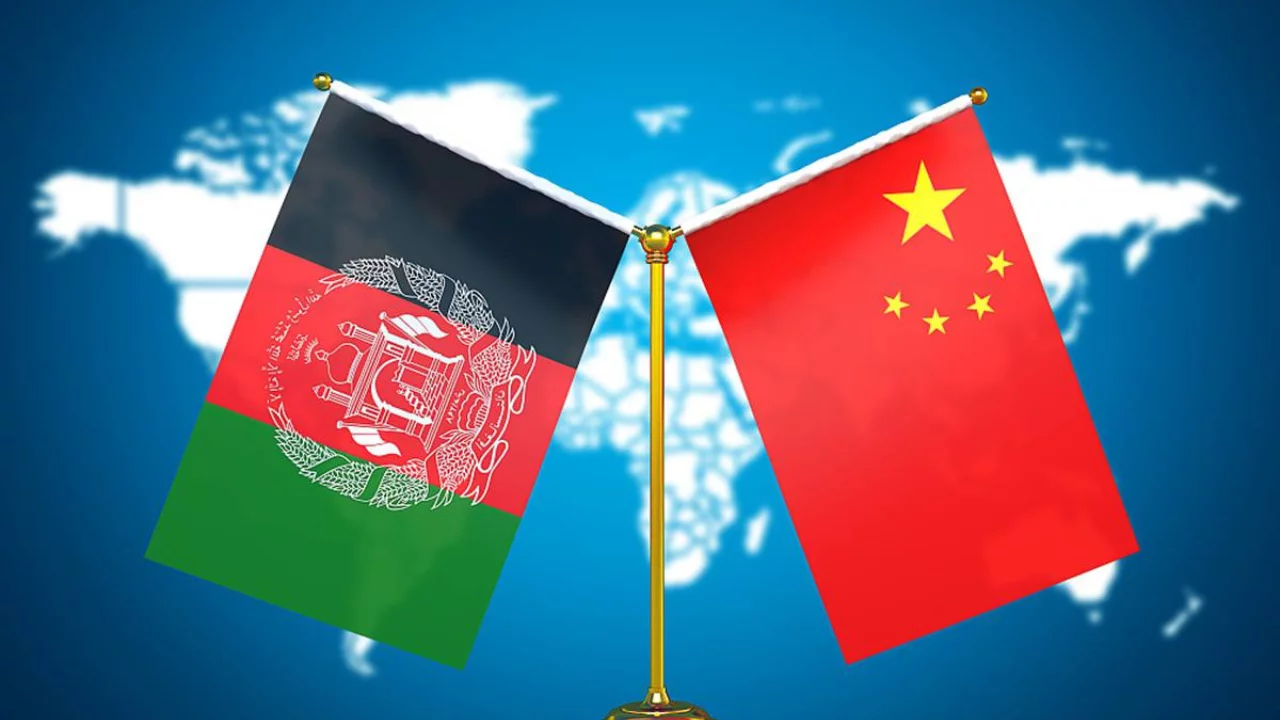Afghanistan Joined the Growing List of Countries Canceling Chinese Contracts

The Taliban has recently terminated a substantial $540 million oil extraction agreement with Chinese firm Xinjiang Central Asia Petroleum and Gas Co. (CAPEIC). This decision, announced in early 2025, represents more than just a contract dispute as it signals Afghanistan's entry into a growing global trend of countries reconsidering their economic partnerships with Chinese enterprises. The terminated deal, originally signed in January 2023, was meant to unlock the oil wealth of Afghanistan's Amu Darya basin in the country's north. The Chinese company had committed to investing $150 million in the first year alone, with plans to extract oil from a massive 4,500 square kilometer area believed to contain approximately 87 million tons of crude oil reserves. For a cash-strapped Taliban government seeking legitimacy and revenue, this partnership initially seemed like a golden opportunity.
However, according to Hamaun Afghan, spokesperson for the Taliban's Ministry of Mines and Petroleum, a joint committee discovered that CAPEIC had repeatedly breached the agreement and failed to meet its contractual obligations. The termination came after recommendations from the Taliban's deputy prime minister for economic affairs, Mullah Abdul Ghani Baradar, and approval from Prime Minister Mullah Hassan Akhund. While specific details of the violations remain undisclosed, the ministry has now opened the door to international consulting firms to review the legal and financial aspects of future contracts.
This move is particularly striking given the Taliban's historically close relationship with China. Since returning to power in 2021, the Taliban had signed multiple major mining and trade contracts with Chinese firms, with Beijing maintaining robust diplomatic and economic engagement. China was notably the first country to formally accept a Taliban-appointed ambassador and reciprocate by sending its own ambassador to Kabul. The oil deal's cancellation suggests that even the Taliban, despite their international isolation, are willing to hold their partners accountable for contractual failures. Afghanistan's decision is similar to the broader pattern emerging across the developing world, where countries are increasingly scrutinizing and canceling Chinese-led projects. This trend appears particularly pronounced in Africa, where several nations have grown disillusioned with Chinese business practices and loan arrangements.
Ghana's experience serves as a prime example of this growing skepticism. The West African nation canceled its contract with Beijing Everyway Traffic and Lighting Tech company, which was supposed to develop an intelligent traffic management system. The project was terminated due to what officials described as unsatisfactory work quality, reflecting concerns about Chinese companies' execution standards. Perhaps more significantly, the Democratic Republic of Congo has initiated a comprehensive review of mining contracts signed with China in 2008. President Felix Tshisekedi has openly criticized these agreements, stating that "those with whom his country signed contracts are getting richer while DRC people remain poor." The original deals with Chinese state-backed firms Sinohydro Corp and China Railway Group involved building roads, hospitals, and bridges in exchange for a 68 percent stake in the country's Sicomines venture. However, lack of transparency and questionable benefits for local populations have prompted calls for renegotiation.
Kenya's experience with Chinese infrastructure projects has been equally contentious. In July of the previous year, a Kenyan High Court ordered the cancellation of a $3.2 billion contract for the construction of the Standard Gauge Railway, declaring the entire project "illegal" due to procurement law violations. This decision highlighted growing concerns about transparency and legal compliance in Chinese-led infrastructure projects. Ethiopia has similarly terminated its contract with Chinese firm Poly-GCL, which had been exploring for oil and gas in the country since 2013. Minister of Mines and Petroleum Takele Uma cited the company's "financial and organizational inability" to develop gas resources in the Ogaden Basin as the primary reason for cancellation. Despite issuing ultimatums and providing multiple opportunities for compliance, the Chinese firm failed to meet expectations.
Uganda's experience tells a similar story of unfulfilled promises. The government walked away from its contract with China Harbour Engineering Company (CHEC) for building the country's first standard gauge railway. The 273-kilometer line from Malaba to Kampala, expected to cost $2.2 billion, never materialized as Chinese financiers withdrew their support. Uganda has since partnered with Turkish firm Yapi Merkezi, reflecting a broader shift toward diversifying infrastructure partnerships. Even in Central America, Chinese influence faces challenges. Panama is currently dealing with a lawsuit seeking to cancel a Hong Kong-based company's concession to operate two ports at either end of the Panama Canal. This legal challenge comes amid broader geopolitical tensions and questions about Chinese influence on critical global infrastructure.
These contract cancellations reveal several concerning patterns in Chinese overseas investments. Many projects suffer from poor execution standards, lack of transparency, unfavorable terms for host countries, and inadequate consideration of local needs and capabilities. The COVID-19 pandemic has exacerbated these issues, with China becoming more cautious about financing large infrastructure projects while debtor nations struggle with loan servicing. For many developing countries, the initial attraction of Chinese investment lay in Beijing‘s willingness to fund projects without the governance and transparency requirements typically demanded by Western lenders. However, experience has shown that these seemingly easier terms often come with hidden costs, including debt sustainability issues, poor project quality, and limited technology transfer.
The Taliban's decision to cancel the oil deal demonstrates that even governments with limited international options are willing to enforce contractual standards. This move suggests that Chinese companies can no longer rely on the desperation of isolated or cash-strapped governments to overlook poor performance or contractual violations. As more countries reassess their relationships with Chinese firms, Beijing faces growing pressure to improve project quality, increase transparency, and offer more equitable terms. The era of uncritical acceptance of Chinese investment appears to be ending, replaced by more rigorous evaluation of actual benefits and adherence to contractual obligations. For countries like Afghanistan, this represents a maturing approach to international partnerships, prioritizing long-term value over immediate financial relief. Read “Zamin” on Telegram!
Ctrl
Enter
Found a mistake?
Select the phrase and press Ctrl+Enter 





















